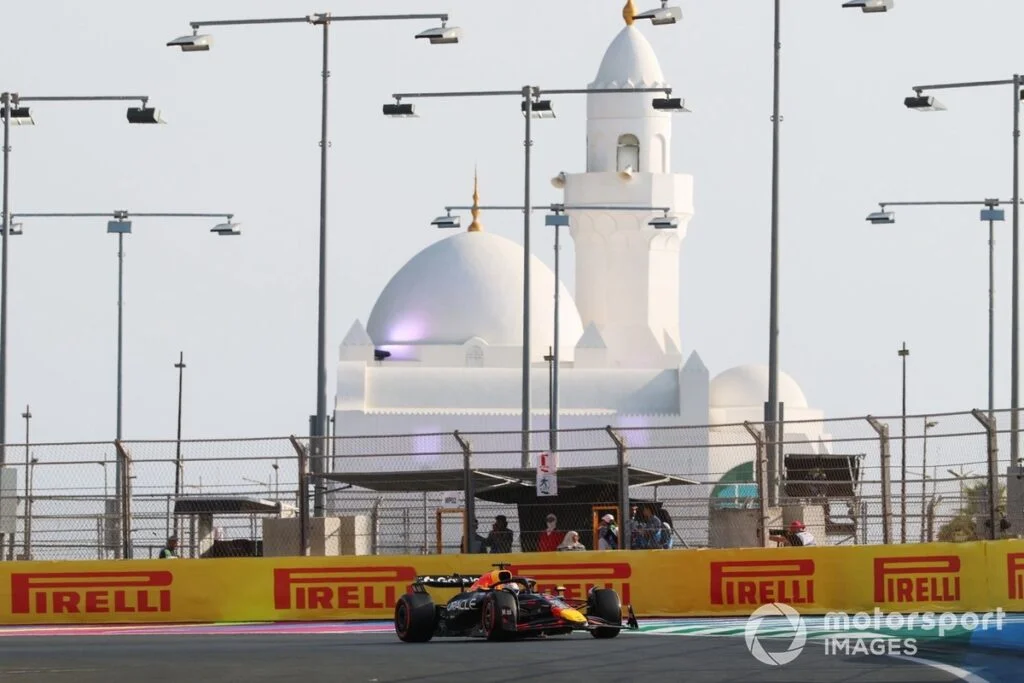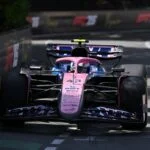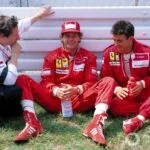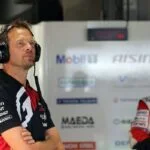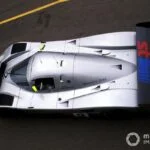Red Bull F1 Chief Denies ‘Crisis Talks’, Emphasizes Logical Discussions
Rumors of crisis meetings among Red Bull’s Formula 1 leadership have been dismissed by team principal Christian Horner. He insists that any discussions post-Bahrain Grand Prix were merely opportunities to address issues in a logical manner, not a sign of a crisis.
Post-Race Debriefings and Discussions
Following Red Bull’s underwhelming performance at the Bahrain Grand Prix, where the team’s cars finished sixth and ninth, Horner, advisor Helmut Marko, technical director Pierre Wache, and chief engineer Paul Monaghan held discussions to address the RB21’s current flaws. It is suggested that further discussions took place with Red Bull’s shareholders in Dubai, although Horner did not comment on this matter.
Speaking to Sky Sports F1, Horner clarified that these post-race debriefings are a regular occurrence and should not be misconstrued as a crisis summit. He emphasized that Red Bull is not in crisis despite its fluctuating fortunes in Formula 1 this year.
The Challenges Ahead for Red Bull in F1
Horner believes that Red Bull’s apparent drop in the pecking order is primarily due to the convergence among the field as the current ruleset has remained relatively unchanged over the past four seasons. While Red Bull started 2024 appearing to retain its dominant form from the previous season, they have since slipped back as teams like McLaren and Ferrari continued to improve.
Horner now feels that the development over the previous seasons has created incredibly close margins, which expose even the slightest issues in a car. He believes that when these issues are addressed, performance will follow.
The Impact of Stable Regulations on Formula 1
According to Horner, stable regulations lead to convergence among teams, as all are doing an excellent job now. He points out how much faster the cars were going in previous years and how the front teams have converged, with no bad teams in Formula 1.
Max Verstappen’s comments about a lack of confidence in the car’s turning and instability issues highlight the importance of addressing even minor flaws in such a tight grid, as these issues can cost tenths, if not hundreds of seconds, which in this competitive environment translates to multiple places.
Horner is confident that when they tidy up these issues, performance will come.

